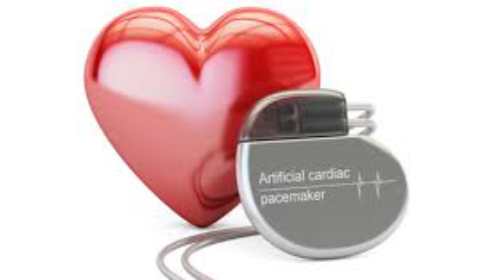
CDSCO sounds alert over some faulty pacemakers
Rohit Shishodia
The Central Drugs Standard Control Organization has issued an alert over reported side effects of medical devices including Astra Pacemakers, Serena Cardiac Resynchronization Therapy Pacemakers (CRT-P) and Solara Cardiac Resynchronization Therapy Pacemakers (CRT-P).
The CDSCO alert states that there are three medical device reports in USA, in which CRT-P battery had fully drained because of crack in the devices’ capacitor, without any warning to the patient or health care provider. If a capacitor in an implant pacemaker or CRT-P is cracked, it can create electric short circuit, which can cause a battery to drain earlier than expected.
Informing about adverse effects, the CDSCO stated that M/s Medtronic reported that healthcare providers were unable to communicate with the device due to battery depletion resulting in loss of pacemaker function. Medtronic also reported these events happened in US within one year after the patient was implanted with the pacemaker or CRT-P, and on average within seven months of getting the device implanted.
One of the reported events resulted in the death of the pacemaker-dependent patient. In a second reported event, the patient experienced dizzeness during follow up and the health care provider was unable to communicate with the device.
In the third reported event, there was no harm to the patient because the device was not implanted when the health care provider became aware that a connection with the device could not be established.
The CDSCO has recommended: “FDA recognizes that some patients who depend on pacing for survival may determine, in consultation with you, that device replacement in appropriate for their needs,” stated the CDSCO.
The drug regulator has recommended awareness about sudden battery level drops during follow up visits and remote transmissions. They should watch for decrease in battery level out of proportion to the life of the device from the time of implant even if the level remains within the normal range.
In a recommendation to the patients, the CDSCO has said that patients should seek immediate medical care if they feel lightheaded, dizzy, have chest pain, severe shortness of breath or if they care caring for someone who has lost consciousness. These may be signs that their devices’ battery has had sudden drop or has drained.